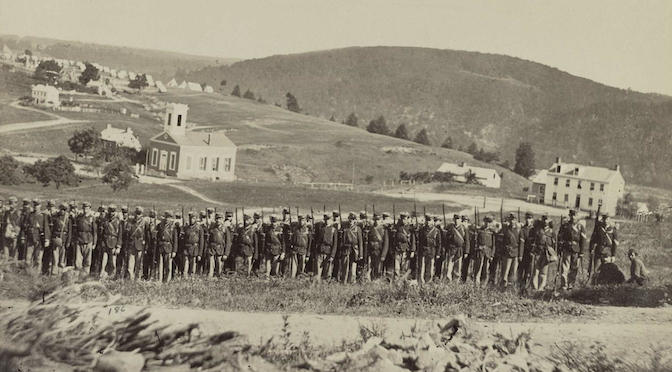In this book review, the author analyzes Akhil Reed Amar’s The Words That Made Us: America’s Constitutional Conversation, 1760-1840. Specifically, the author focuses on Amar’s central thesis—that the fundamental reason behind the US Constitution was national security—and how that should affect our reading of the Constitution today. The author concludes that Amar’s book is noteworthy… Continue reading A Bellicose Founding Charter: The US and Providing for the “Common Defence”
Tag: Civil-Military Relations
The First Calling Forth Clause: The Constitution’s Non-Emergency Power to Call Forth the Militia to Execute the Laws
Alden Fletcher analyzes the historical origins and intent behind the Constitution’s “Calling Forth Clause” that has served as a foundation for confiding vast military authority in the president and potentially allowing the use of military force against civilians. While scholars have interpreted the Clause’s original meaning as requiring violent resistance to the laws before military… Continue reading The First Calling Forth Clause: The Constitution’s Non-Emergency Power to Call Forth the Militia to Execute the Laws
Symposium on Military Justice | October 2021
Hosted by National Institute of Military Justice (in honor of NIMJ’s 30th anniversary) The following pieces are from the “30 Years of Military Justice” symposium held on Oct. 28, 2021, with keynote speaker Senator Kirsten Gillibrand (D-NY), and in partnership with Georgetown University Law Center’s Center on National Security and the Law, the Journal of… Continue reading Symposium on Military Justice | October 2021


